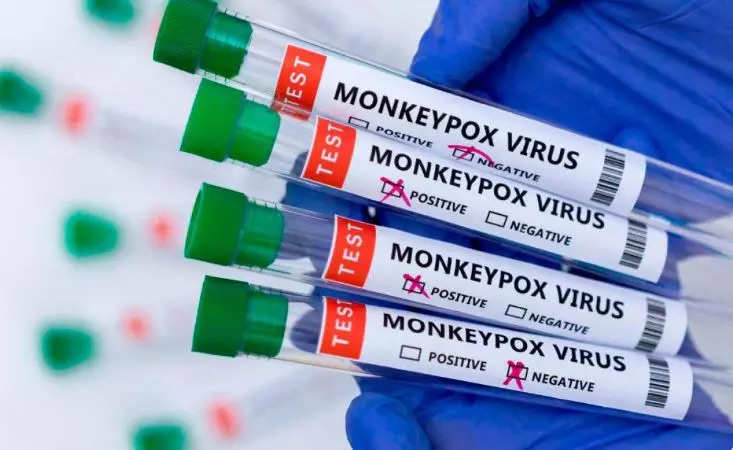The overall well-being of an individual is largely hinged on proper bone management; more so in old age. As far as postmenopausal women are concerned one of the crucial health problems that they should be worried about is the possibility of developing osteoporosis as this results in the weakening of bones and an increased risk of fractures. Estrogen is vital in the prevention of osteoporosis as it protects the bone density and hence when it is diminished following menopause; the bone is over-reabsorbed leading to an increased risk of osteoporosis.
The focus in osteoporosis prevention is the number of dietary and lifestyle changes. To ensure you consume enough calcium and vitamin D, experts recommend following a dietary regimen that incorporates the intake of 1,200 mg of calcium and 800-1,000 IU of vitamin D daily (with consumption of food first, followed by supplements, if necessary). Food fortification, dark green leafy vegetables, and dairy are good sources of these nutrients.
Regular exercise is crucial – especially weight-bearing and resistance activities. Activities such as walking, jogging, or exercising with weights help improve bone density and balance, thereby decreasing the chances of fractures and falling. It is important to sustain a good body weight since those who are overweight or underweight are prone to fracturing.
Pharmacological treatments are also indicated for those diagnosed with osteoporosis or who have a high risk. Bisphosphonates such as alendronate and risedronates are commonly prescribed to prevent further bone loss. HRT and SERMs can mimic estrogen’s actions on bones; nevertheless, due to potential adverse effects, HRT is generally utilized only for troublesome menopausal symptoms. Other therapy alternatives include denosumab, which is a monoclonal antibody, and anabolic drugs like teriparatide which are used to enhance bone formation.
All postmenopausal women should be given bone density tests regularly and those who have risk factors like having a low body weight, having a family history of osteoporosis or having fractures, should especially take the key measures of dietary modifications, exercise and early diagnosis and treatment to keep osteoporosis in control.
(Article Courtesy: Dr Varshali Mali, Senior Consultant Obstetrics and Gynecology, Surya Mother and Child Super Speciality Hospital, Pune)
The focus in osteoporosis prevention is the number of dietary and lifestyle changes. To ensure you consume enough calcium and vitamin D, experts recommend following a dietary regimen that incorporates the intake of 1,200 mg of calcium and 800-1,000 IU of vitamin D daily (with consumption of food first, followed by supplements, if necessary). Food fortification, dark green leafy vegetables, and dairy are good sources of these nutrients.
Regular exercise is crucial – especially weight-bearing and resistance activities. Activities such as walking, jogging, or exercising with weights help improve bone density and balance, thereby decreasing the chances of fractures and falling. It is important to sustain a good body weight since those who are overweight or underweight are prone to fracturing.
Pharmacological treatments are also indicated for those diagnosed with osteoporosis or who have a high risk. Bisphosphonates such as alendronate and risedronates are commonly prescribed to prevent further bone loss. HRT and SERMs can mimic estrogen’s actions on bones; nevertheless, due to potential adverse effects, HRT is generally utilized only for troublesome menopausal symptoms. Other therapy alternatives include denosumab, which is a monoclonal antibody, and anabolic drugs like teriparatide which are used to enhance bone formation.
All postmenopausal women should be given bone density tests regularly and those who have risk factors like having a low body weight, having a family history of osteoporosis or having fractures, should especially take the key measures of dietary modifications, exercise and early diagnosis and treatment to keep osteoporosis in control.
(Article Courtesy: Dr Varshali Mali, Senior Consultant Obstetrics and Gynecology, Surya Mother and Child Super Speciality Hospital, Pune)









